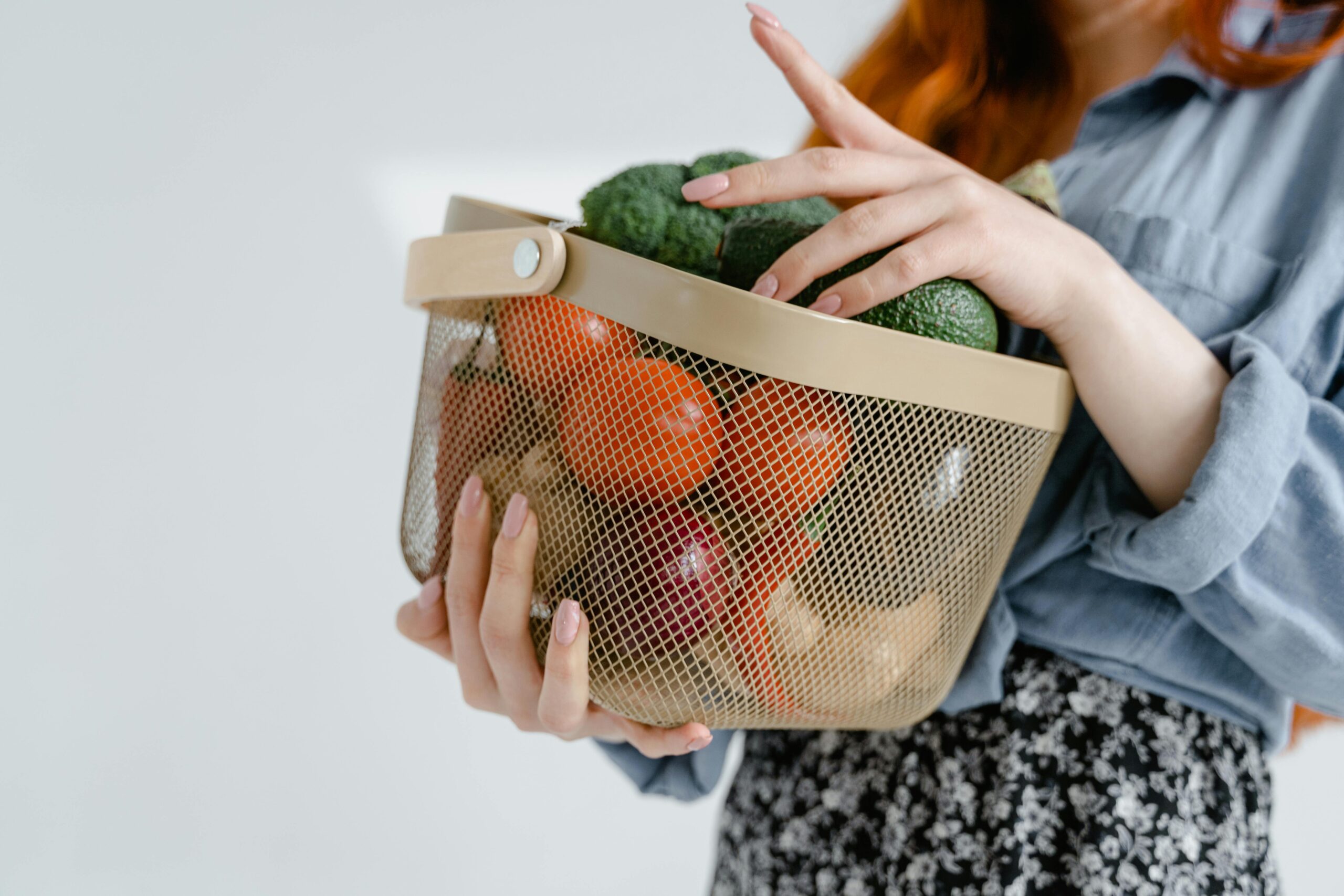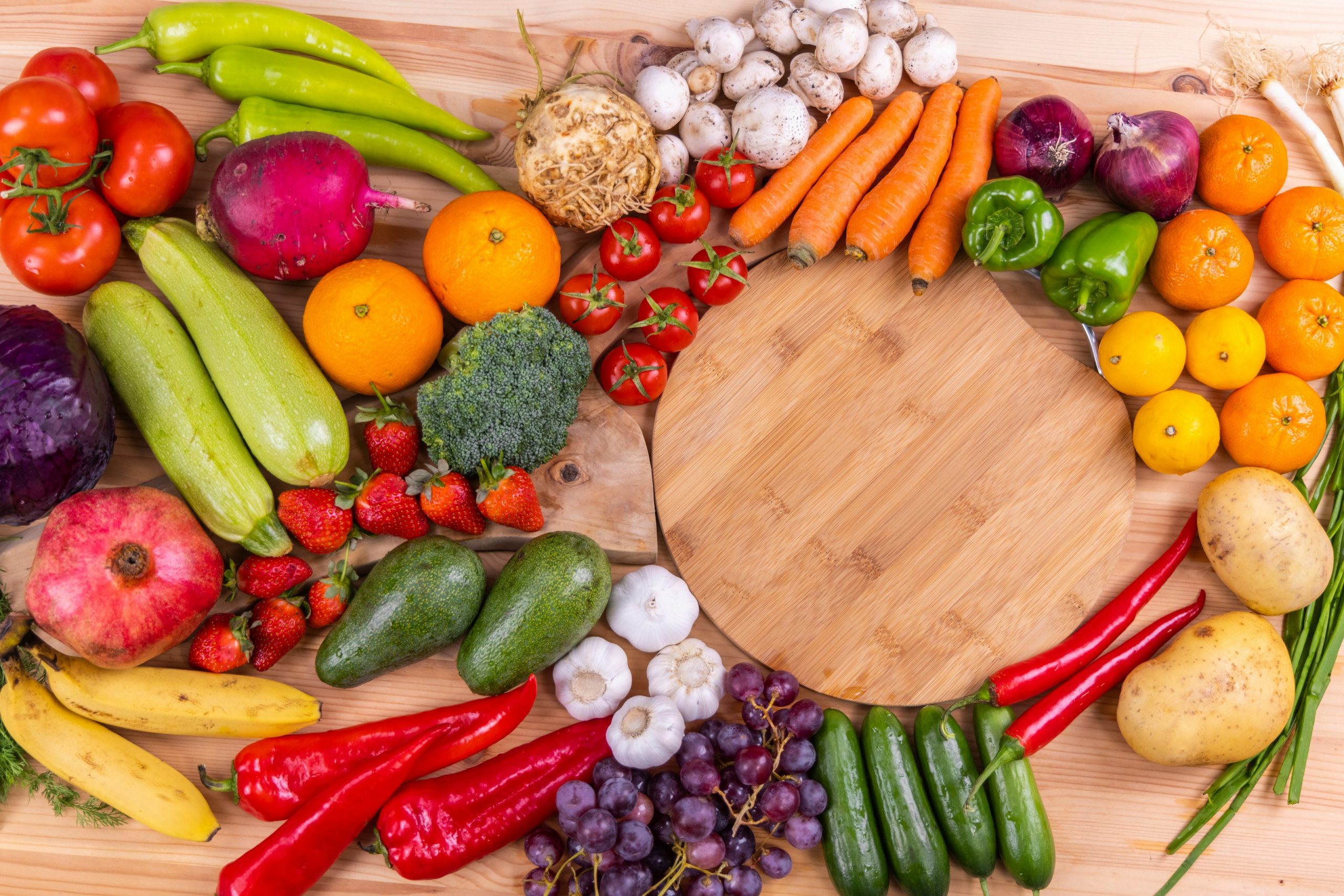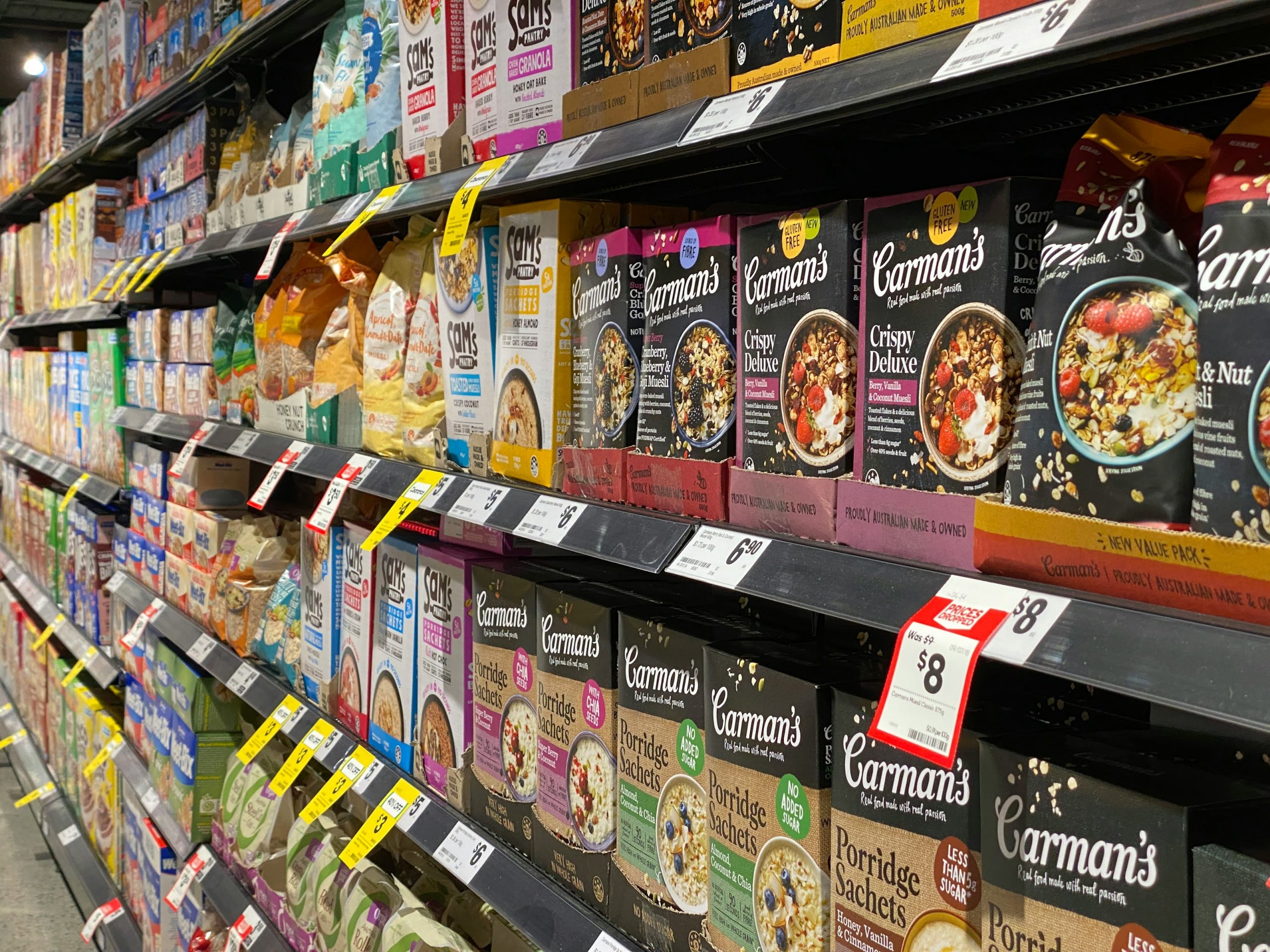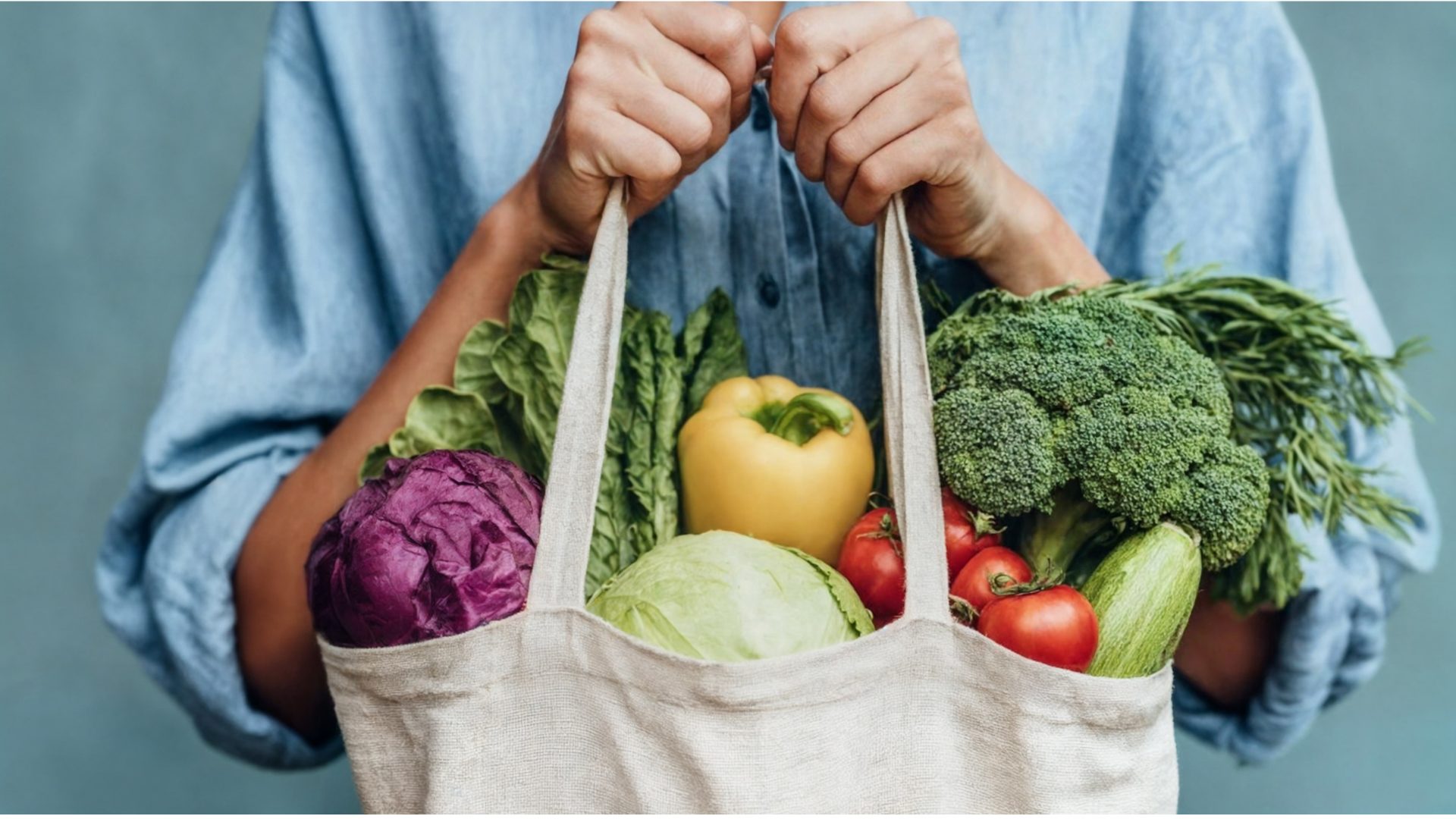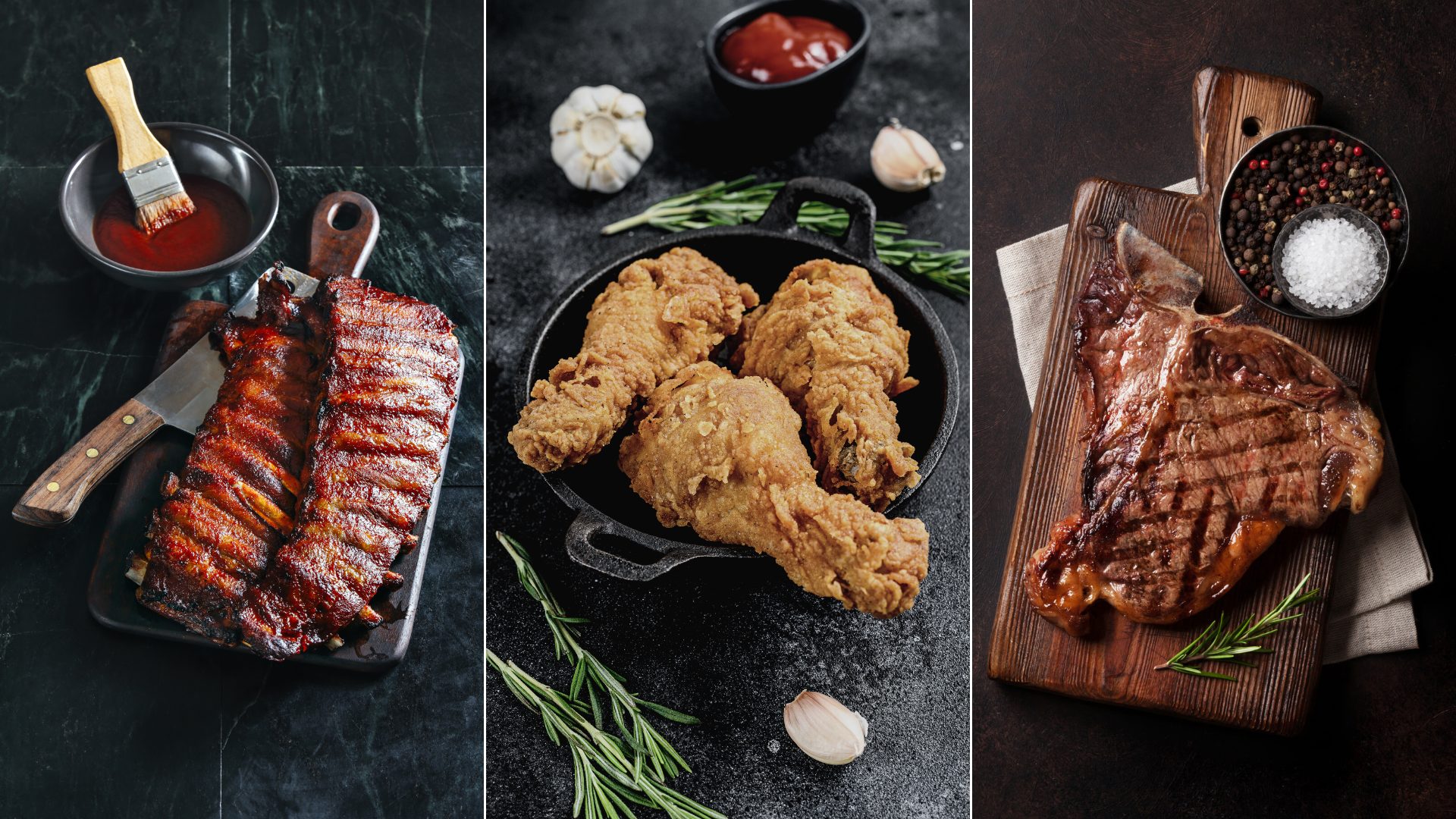At this point, it’s fairly common knowledge that there’s a massive price-per-pound gap ($4.20 per pound, according to Circana) between meat alternatives and their meaty counterparts, which is merely one of the many challenges plaguing the plant-based sector these days.
However, it appears that a lesser-known price gap exists among U.S. states as well – and this one’s related to the cost of a standard haul of vegan groceries.
Recently, CashNetUSA conducted a study analyzing the average cost of a typical basket of plant-based groceries purchased at Walmart locations across the United States, and its findings revealed that there are significant discrepancies among states.
So, which state has the most affordable vegan groceries? Well, that actually depends on your definition of affordable.
Cheap vs. Affordable
According to the study, Arkansas – the state where Walmart is headquartered – offered the lowest prices across the board for vegan groceries, with the cost of an average basket clocking in at roughly 3.8% below the U.S. average.
However, although the state’s vegan groceries may be the cheapest in terms of sheer dollars spent, they are neither the most affordable nor accessible to the folks who actually live there – especially when you compare the price of the average grocery bill alongside the average income level across Arkansas.
To walk out of the store with those vegan groceries, residents must work an average of one hour and 36 minutes, which ultimately puts Arkansas in fourth place on the list of the least affordable states when the grocery costs are adjusted for income.
Mississippi sits at the top of that list, requiring its residents to work one hour and 43 minutes to foot the bill, followed by Hawaii (one hour and 41 minutes) and Alabama (one hour and 41 minutes).
In addition to holding the number two spot on that particular list, Hawaii’s vegan groceries were also sold at the highest price point of any state, exceeding the national average by a remarkable 33.98%.
Chris Snider, the owner of Texas Tito’s, Inc., shared his insights on these findings as a producer of premium pickled and marinated products.
“Hawaii’s vegan grocery prices are higher than the national average due to logistics, including shipping and transporting food to the islands, adding significantly to the cost,” Snider told FI.
“There’s also a higher demand for organic and vegan products among certain consumer groups.”
Snider cited a 2021 study that ranked Hawaii as the fourth “most vegan” state in the U.S. in terms of vegan population per capita among other factors like the number of vegan restaurants and vegan meetup groups within the state.
“Demand creates supply, and competition in such conditions can be limited, which also contributes to higher prices,” added Snider.
The Food Institute Podcast
It’s tariff time, and companies the world over are working to better understand how their operations will be impacted. Jodi Ader from RSM US LLP joined The Food Institute Podcast to discuss which products and inputs are currently subject to tariffs, and how to best mitigate supply chain risks.


